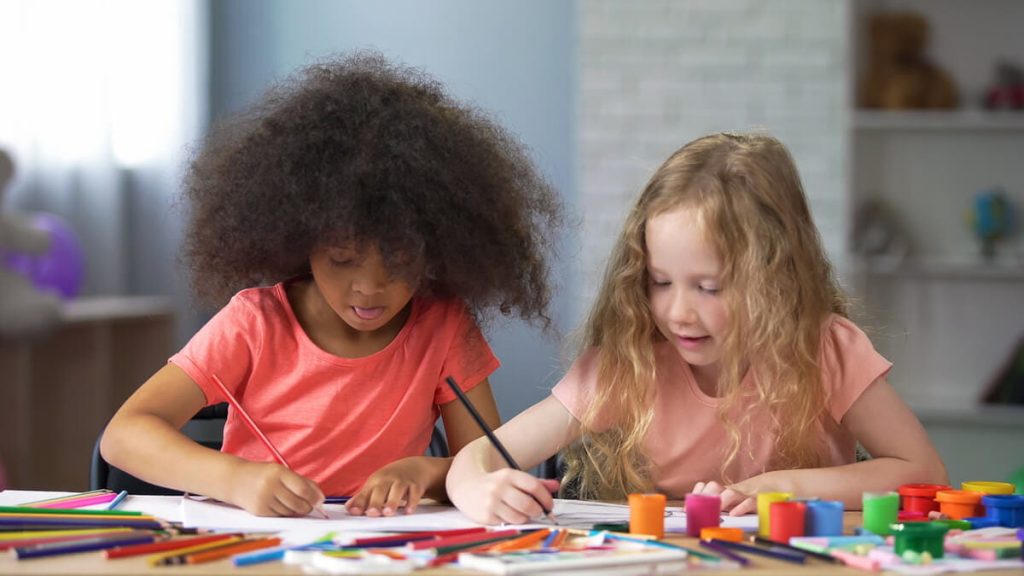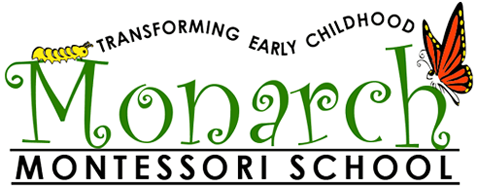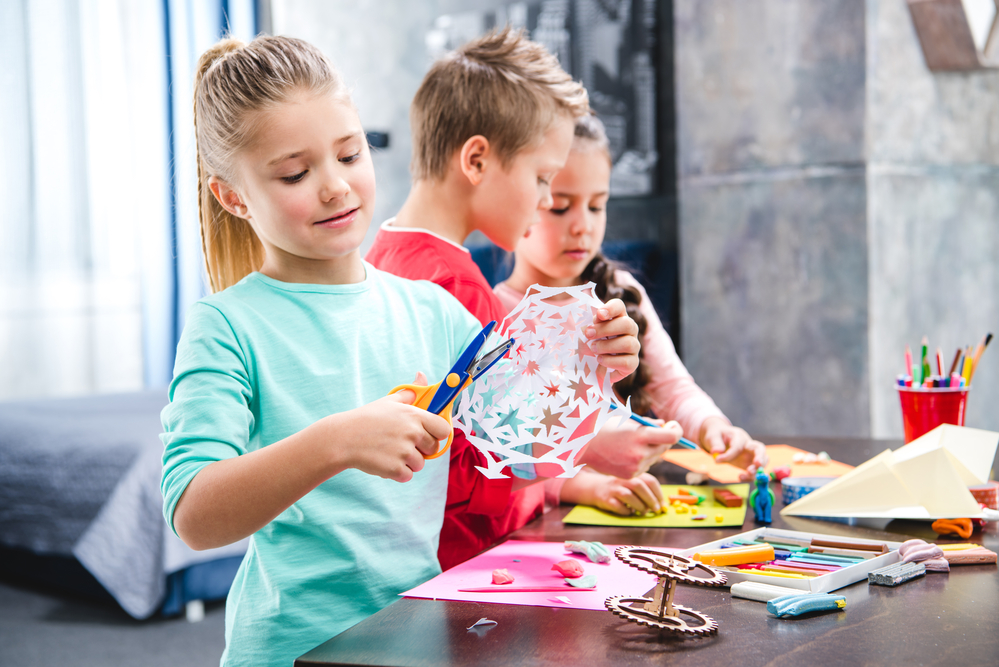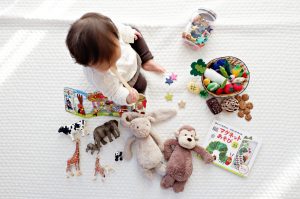Exploring the Importance of Hands-On Learning in Early Education
Interested in exploring the importance of hands-on learning in early education? You’ve found the right post. Hands-on learning has long been one of the best ways to teach children early lessons and skills. This way, young students both study materials and learn through experience. The lessons let kids use their hands to learn and create. These teach them how to solve common problems in life. It’s worth further delving into why this method continues to be effective.
The Montessori Principle of Hands-On Learning
It’s a common, well-stated goal that children should be taught skills for the future. But the Montessori way of teaching favors giving kids hands-on experience. The principle believes that providing in-person lessons is the best way for kids to retain lessons. The concept is named after Dr. Maria Montessori. She firmly believed in the importance of providing hands-on lessons for children. This makes it easier for kids to grasp concepts. This hands-on approach immerses children intellectually and emotionally. This will increase the chance for lessons sticking with kids as they age.
Hands-On Learning Is Easier for Children
The Montessori approach has children moving around the classroom for lessons. Here, they’ll engage with several activities. This is a better approach to children remaining in classroom desks while the teacher provides lessons. This gives children the freedom to choose which lesson they’d like to experience next. They’ll then bring it to one of their own tables. They’ll explore materials and discover concepts for themselves.
Children can be taught to count, sure. But it’s better when kids are shown how numbers are applied to real-world settings. This is easier to teach them when they’re given materials to count. For example: If kids want to know the number of peas in a can, they’ll learn numbers by counting them. This is also a great way to teach kids about colors. It’s one matter to merely give them the information from a textbook in a lesson plan. It’s another matter to let them mix the colors themselves.
PRO TIP: Check out Monarch Montessori’s programs for infants, toddlers, and primary students. They help kids learn and grow in different ways. Don’t miss their Summer Camp and Infant Daycare in NJ for more fun and learning!
It’s Very Effective for Younger Children
It’s a great idea to let a child explore subjects and experiences for themselves. This is particularly effective when they’re very young. Teachers can provide these hands-on examples in schools.
These will include the concepts about counting and colors. But they can also work alongside adults as they perform their duties. The kids can help with the cleaning and washing. With plenty of hands-on experience, they’ll learn to do it themselves. Young kids love to go hands-on with lessons and examples. They enjoy the concept of touching and feeling at a younger age. This is a great way to both state their desires, and teach them life lessons.

The Best Subjects to Teach for This Hands-On Learning
Children will excel when they’re taught several subjects through hands-on learning. This will include cultural studies, where children can identify places around the world. Science is included here too. Children will learn about animals through sketching them. They’ll also engage in weather-related and environmental experiences. Math concepts are also easier to teach here. Children are given tangible objects to count, including blocks and beans. Montessori also works for improving language skills in the young. Sequencing cards are great tools for children to test themselves. The same applies to movable alphabet letters and words.
The Montessori way is also key for teaching comparatively uncommon classroom lessons. These include fine motor skills. It’s easier for kids to learn how to complete art projects this way. This is also key for teaching them how to draw, trace, and cut objects. Other life skills are also teachable through hands-on learning. They’ll learn how to use common tools. They’ll also learn through their parents giving them guidance.
Exploring the Importance of Hands-On Learning in Early Education
Hands-on learning is important for children. It makes lessons easier for them to retain as they ease their way into their teenage years and adulthood. The Montessori way favors having children learning through tangible lessons with examples. The children even have the freedom to learn what they want at any given time. Here, the children will put their practicing into action. Several subjects are easier for kids to remember through these hands-on methods. These methods explore the importance of hands-on learning in early education.
Take a look at their location below:
Our Location
We are located at 2 Newark Pompton Turnpike, Little Falls, NJ 07424.





